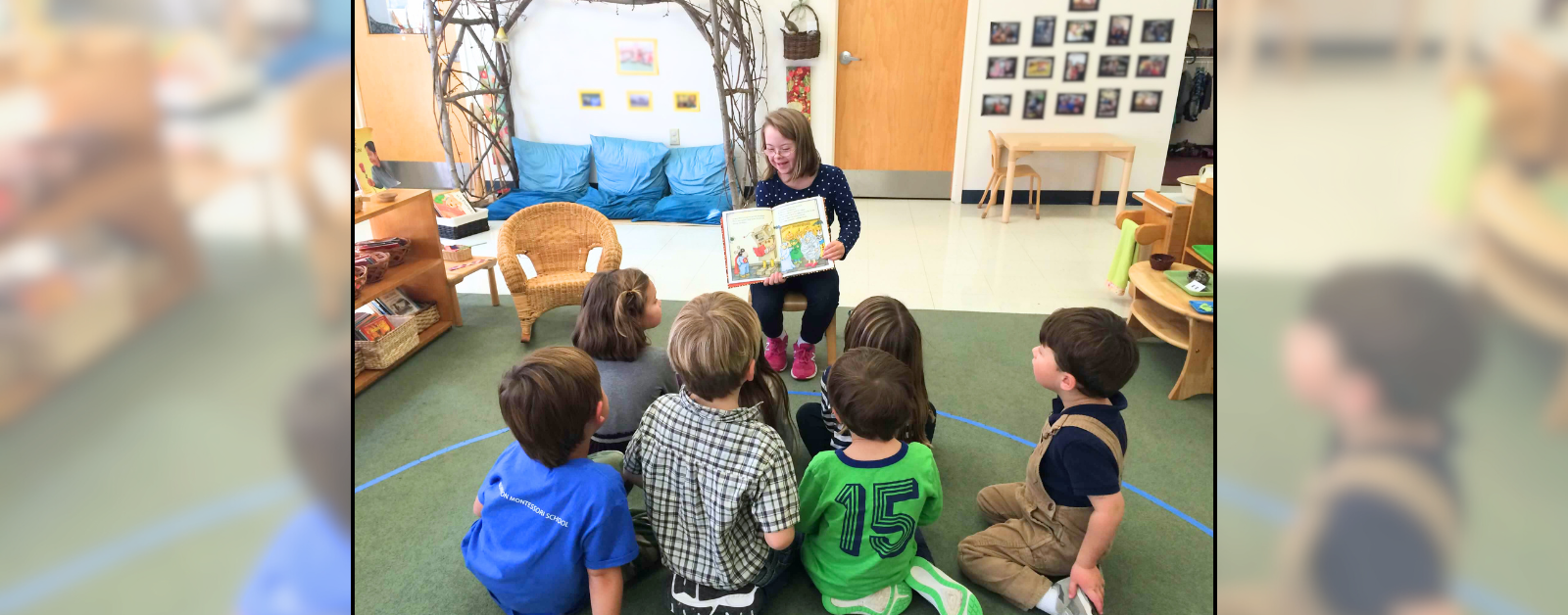Here’s what I wish parents of typically developing kids knew about disability and relationships: Disability isn’t a completely different experience. It’s often a magnified version of the human experience we all share.
For example, what might be mildly stressful for your child—a loud noise, a crowded room, unfamiliar textures—could be intensely stressful for a child with a disability. Our children are not fundamentally different, but my child’s sensitivities and responses might be heightened.
Disability may magnify certain challenges. But it can also magnify empathy, creativity, and connection. If your child wants to invite a peer with a disability to play, here are some helpful steps:
- Talk about what to expect.
- Create a calm and welcoming environment.
- Ask questions if you’re unsure.
- Assume friendship is possible.
Disability can feel unfamiliar at first, but shared experiences build understanding. And remember:
Inviting a child with a disability into your home or your child’s life is an opportunity for growth and joy—for both of them.
Mutuality is the foundation from which true friendship grows.
More with Amy Julia:
Let’s stay in touch. Subscribe to my newsletter to receive weekly reflections that challenge assumptions about the good life, proclaim the inherent belovedness of every human being, and envision a world of belonging where everyone matters. Follow me on Facebook, Instagram, and YouTube and subscribe to my Reimagining the Good Life podcast for conversations with guests centered around disability, faith, and culture.



